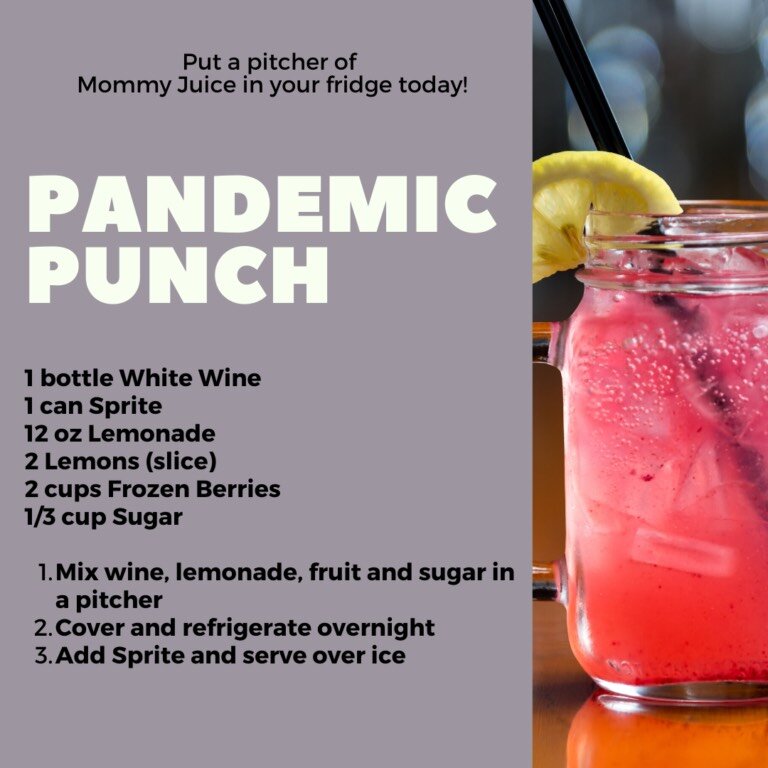Cocktails to Go: Creative Liquor Laws Help Retailers, Restaurants
By Paul Natinsky
Alcoholic beverage delivery is not new. Liquor stores have been delivering wine, beer and booze since early 2017, shortly after Public Act 520 of 2016 received a jot of gubernatorial ink.
“The regulatory component with the greatest potential for changing the face of personal alcohol sales in Michigan involves the recognition of licensed third party facilitation services,” according to a legal analysis published around the time the law was signed.
These third party licensees work much like popular grocery delivery services or food delivery services. Except, instead of working with restaurants or grocers, they work with liquor stores. The stores’ employees deliver the product, the delivery companies contract with individual liquor stores to achieve a strong geographic mix, said Brandon Kammo, an entrepreneur who started The Beverage Cart (thebeveragecart.com) in February 2019 and by late spring had established relationships with 20 liquor stores throughout the metro Detroit area. Kammo thinks adding another 30 to 80 stores to his roster will give him “blanket coverage” across greater Detroit.
The way it works is that The Beverage Cart sets up on a computer delivery apparatus in the contracted store and transmits orders from thirsty patrons through The Beverage Cart’s interface, which allows customers to place orders online, tracks inventory, and even offers options for replacements if a customer’s favorite libation is out of stock. The store and The Beverage Cart have a payment scheme that provides revenue to The Beverage Cart and allows the store to expand its sales.
Kammo’s online presence includes ubiquitous ads on social media. I searched for his company once and now they are a regular part of my social media feeds. The Beverage Cart also comes up very high in search engine results. So, Kammo is doing some things very well online.
He says conversions (into sales) are high on his social media and search traffic. In addition to the exposure and rapidly expanding “network” of stores, The Beverage Cart also guarantees 60-minute service, a feature that Kammo says separates him from his competition.
There are some requirements imposed on these third party facilitation servicers, including an investigation by licensed by the Michigan Liquor Control Commission. The companies cannot be owned or controlled by suppliers such as distilleries, wineries or brewers. There are ID validation requirements and reporting mandates.
Still, predictions are that the methods available for the sale and delivery of alcohol as part of the retail purchasing habits of the Michigan consumer will continue to evolve, to accommodate the appetite for consumer convenience. New regulations will make the food and alcohol sale and delivery process more efficient, convenient and streamlined.
Kammo says store delivery people can perform contactless transactions, viewing IDs through glass doors, though they cannot simply leave the product on your porch. The entire transaction is electronic, including delivery charge (when I tested the website, the charge was $5) and driver tip.
COVID-19 has substantially expanded the market for convenience. A new wrinkle has evolved via Gov. Gretchen Whitmer’s executive order permitting “cocktails to go.” This time, Michigan’s hamstrung restaurant industry is the beneficiary.
The recently signed bills allow cities to create pedestrian-only “social districts,” where bar goers can order drinks and wander freely within the district. The law permits two-for-one deals. It also allows these licensees to deliver alcohol and for small distilleries to sell mixed drinks “to-go” and provide samples.
Drinks have to be served in a sealable container that holds no more than a gallon. Bars and restaurants can’t fill containers before to-go drinks are ordered, but they must be fully sealed and closed off after orders are placed.
The law sunsets (expires) Dec. 31, 2025, unless of course it is renewed.
While it’s unclear how long Michigan and the nation will be wrestling with COVID-19, it appears that drinks I found on a recipe site, such as “Pandemic Punch,” “Covidtini,” and “The Fuzzy All Over,” will be here for a while…and they’ll be easy to get. And liquor retailers, bars and restaurants will find a lifeline through these uncertain times.


